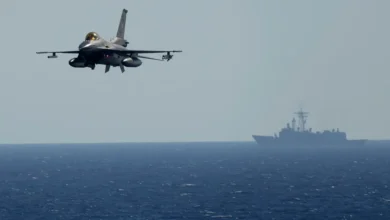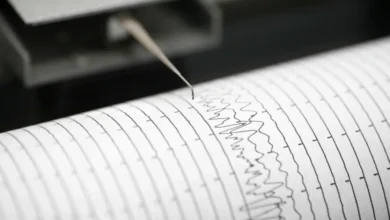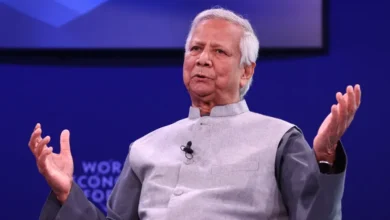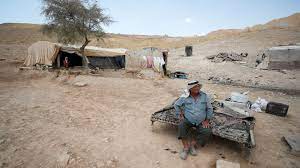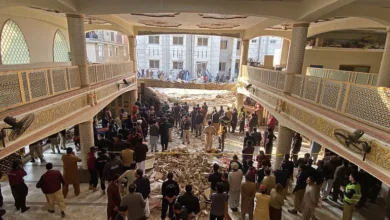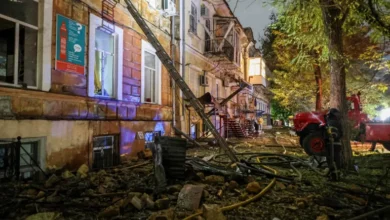Israel bombs ports, power plant in Yemen as Houthis fire more missiles
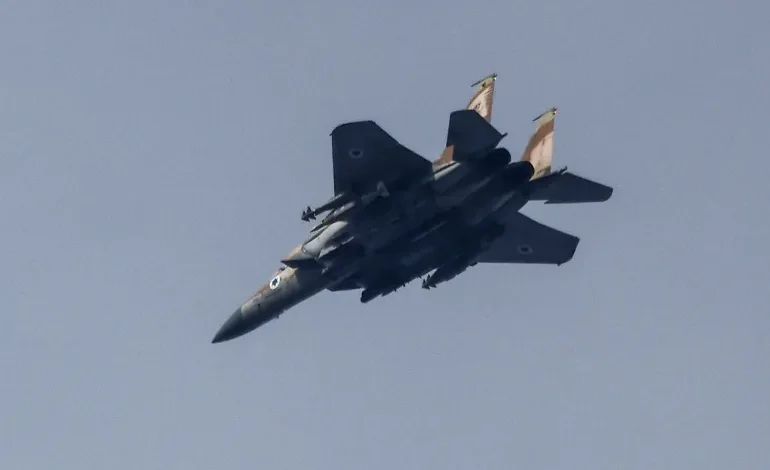
Israel’s military has bombed three ports and a power plant in Houthi-controlled areas of Yemen, prompting the rebel group to fire more missiles towards Israeli territory.
The Israeli military said on Sunday that it struck the ports of Hodeidah, Ras-Isa and as-Salif on the Red Sea coast as well as the Ras Kathib power plant.There were no immediate reports of casualties.
The Israeli attacks late on Sunday were the first on Yemen in almost a month and came after the military claimed that it intercepted a missile fired by the Houthis in the early hours of the day.
Hours after the Israeli strikes, two missiles were launched from Yemen towards Israel, the Israeli army said, with Yemen military spokesman Yehyaa Saree claiming responsibility for the attacks.
The Huthis targeted Ben Gurion airport, the ports of Ashdod and Eilat as well as a power station in Ashkelon “in retaliation for this aggression”, Saree said in a video statement on Monday.
Attempts were made to intercept the latest missiles by the Israeli military, though the results were still under review.
Israel’s emergency service said there have been no reports of injuries or impact from the projectiles.The Houthis say their attacks on Israel are in solidarity with Palestinians in Gaza who are under Israeli attack. The group has fired hundreds of missiles at Israel and launched more than 100 attacks on commercial vessels in the vital Red Sea corridor, since Israel’s war on Gaza began in 2023.The Houthis paused their attacks after a ceasefire between Hamas and Israel in January, but resumed them after the United States launched attacks on Yemen on March 15, killing nearly 300 people in the weeks that followed.
Houthis downplay attacks
The latest escalation comes at a sensitive moment in the Middle East as a possible ceasefire in Israel’s war on Gaza hangs in the balance, and as Tehran weighs whether to restart negotiations over its nuclear programme following United States air strikes that damaged Iran’s most sensitive atomic sites.
In Yemen on Sunday night, the Houthi-affiliated news outlet Al Masirah TV reported that strikes hit the port city of Hodeidah, while the Saba news agency confirmed the attacks on the three ports as well as the power station.
A spokesman for the Houthis, Ameen Hayyan Yemeni, meanwhile, said the group’s air defences forced “a large portion” of Israel’s warplanes to retreat.
Locally manufactured surface-to-air missiles were used to respond, “causing great confusion among enemy pilots and operations rooms”, he wrote in a statement on X.
Al Jazeera’s Nabil Alyousefi, reporting from the Yemeni capital, Sanaa, said the Houthis were downplaying the impact of the strikes on Hodeidah.
“The Houthis say their air defences – using locally made surface-to-air missiles – were effective in responding to the Israeli assault, with sources indicating roughly 30 minutes of clashes between Houthi air defenses and Israeli forces,” Alyousefi said.
“The Houthis have not reported any material or human losses so far, reassuring that their armed forces repelled all Israeli aggression. They emphasized their readiness to confront any future Israeli attacks and stated they are prepared to target Israeli territory in response,” he added.The hostilities also took place after a grenade and drone attack on a Red Sea cargo ship set the vessel on fire and forced its crew to abandon it.
No group has claimed the attack, but the United Kingdom maritime agency said it matched the “established Houthi target profile“.
Separately, Israeli forces also bombed Lebanon, claiming attacks on several Hezbollah targets in the country’s south as well as the eastern Bekaa region.
In a statement, the military said the strikes were directed at infrastructure used for “storing and producing strategic weapons” and a “rocket launch site”.
Since a November 27 ceasefire formally ended more than a year of hostilities with Hezbollah, Israel has continued sporadic strikes on Lebanon. It says the group’s activities run counter to the agreement, but does not provide evidence to back its claims.


